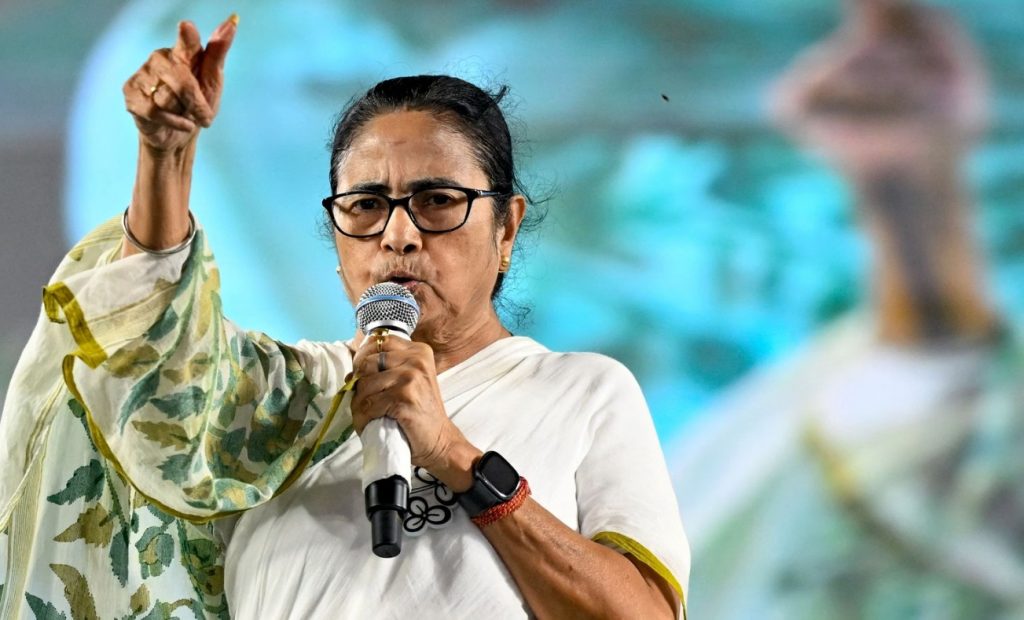Kolkata: As the Trinamool Congress prepares for its annual Martyrs’ Day rally in Kolkata on Monday, in the lead-up to the 2026 West Bengal Assembly elections, the party faces seven significant hurdles that could impact its prospects. These challenges span across issues like appeasement politics, corruption, growing crime against women, legal controversies, and the fragile financial health of the state.
1. Allegations of Appeasement Politics and Voter Infiltration
One of the major concerns for the ruling party is the widespread perception of indulging in appeasement politics. This perception gained momentum after communal riots in Murshidabad, Malda, and Maheshtala, among other places. Additionally, the party is under scrutiny for allegedly facilitating the inclusion of illegal Bangladeshi infiltrators in the voter list, which has become a contentious issue against the government.
2. Losing Thousands of Jobs in State-Run Schools
Another pressing challenge is the loss of 25,753 teaching and non-teaching positions across various government schools following a Supreme Court division bench order in April, which canceled the previous recruitment due to serious irregularities. Although the government has initiated a new recruitment process, legal complexities are causing delays and uncertainties about filling those vacancies.
3. Public Outcry Over Rape and Murder Case
The brutal rape and murder of a woman doctor at R.G. Kar Medical College and Hospital in Kolkata last August continue to haunt the party. The case is under judicial review at multiple levels, but public suspicion persists that some influential figures within the state administration tried to shield key conspirators. The controversy has also been amplified by perceived vindictive departmental actions, including the questionable transfer of junior doctors involved in the protests related to the incident.
4. Rising Crime in Educational Institutions
The recent rape of a law student inside her college premises in Kasba, South Kolkata, adds to the list of challenges. The accused individuals are known associates of the Trinamool Congress’ students’ wing, TMCP. This incident has fueled opposition claims that colleges and universities under the ruling party’s influence have become unsafe zones for students over the past 14 years, making this a major political issue.
5. Court Contempt Risks Over Unpaid Dues
The state’s failure to settle 25% of the dearness allowance arrear dues to government employees, which was mandated by the Supreme Court to be paid by June 30, poses a risk of contempt of court charges. The government has filed a review petition in the Supreme Court, but legal experts indicate that it does not guarantee exemption from contempt if the dues are not paid on time.
6. Siphoning of Funds and Project Mismanagement
Financial and political challenges also loom large due to allegations of massive irregularities in the implementation of centrally sponsored projects. While opposition agencies accuse the government of diverting funds for personal luxuries, the Union government has suspended further payments under various schemes, leaving the state in a paralytic state in executing welfare programs.
7. Economic Crisis and State Debt Issues
Lastly, the state faces a dire financial situation marked by high accumulated debt, a poor debt-to-GDP ratio, limited revenue streams, and little scope for attracting significant investments in manufacturing and services sectors. This economic distress further complicates the ruling party’s efforts to maintain stability and growth ahead of the upcoming polls.
The challenges outlined above highlight the multifaceted issues that the Trinamool Congress needs to address as it prepares for the critical elections in 2026.
